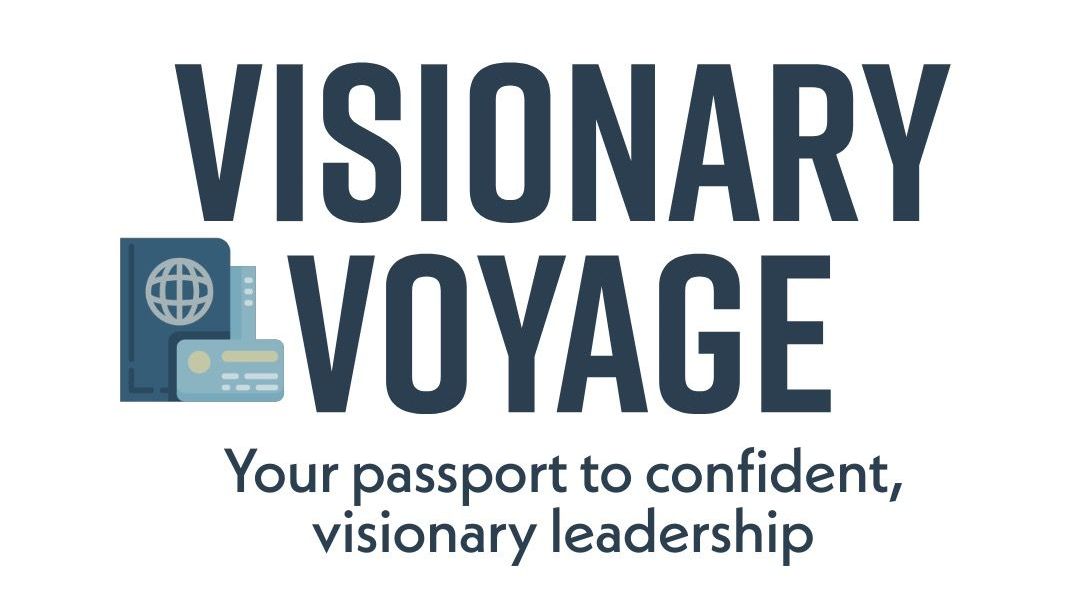How to Change Impossible to Possible
Meeting Mark Burnett, the creator and producer of the hit TV show Survivor on CBS, was one of the highlights of my Presidential Key Executive program at Pepperdine. He came to our class thanks to the invitation of my friend and classmate, Tom Konjoyan, and shared his entrepreneurial journey with us. He was so generous with his time that he stayed for almost three hours instead of the planned 45 minutes.
He told us his amazing story of how he went from serving in the Royal Air Force to moving to Southern California with nothing but his dreams. He made ends meet by working as a nanny for rich and influential people and by selling t-shirts with prints in Venice Beach. He had no bank account and yet he had a pile of cash in his living room. He was so resourceful that he managed to buy the apartment building he was living in when he found out it was for sale.
He also revealed how he came up with the concept of Survivor and how he sold it to the networks. He faced many challenges and risks along the way, just like the contestants on his show. He overcame them and achieved a huge success that lasted for decades. Survivor is still running, now in its 24th year and its 44th season. When we asked him if he would create the next big thing, he said probably not.
He explained that Survivor was born out of his innocent ignorance of how the TV industry worked. He did things that he was not supposed to do, like courting sponsors himself instead of leaving it to the team. He angered the TV executives when he personally negotiated deals with sponsors that were unconventional and favorable to him.
He convinced Target to supply the island contestants by dropping their products from a plane with a Target parachute. They agreed and paid for one episode, not knowing that their parachute would be used as a shelter and their logo would be visible throughout the season. They had to pay a lot more the next season.
He confessed that he had become almost too savvy and experienced in the business and had lost his hunger and naiveté. He was sad about that. He said he had to work hard to keep creative spark and the drive to create something groundbreaking.
He taught us a valuable lesson: entrepreneurs need to keep their passion, joy, and creativity alive, even when they face the impossible. That is how they make the impossible possible.
